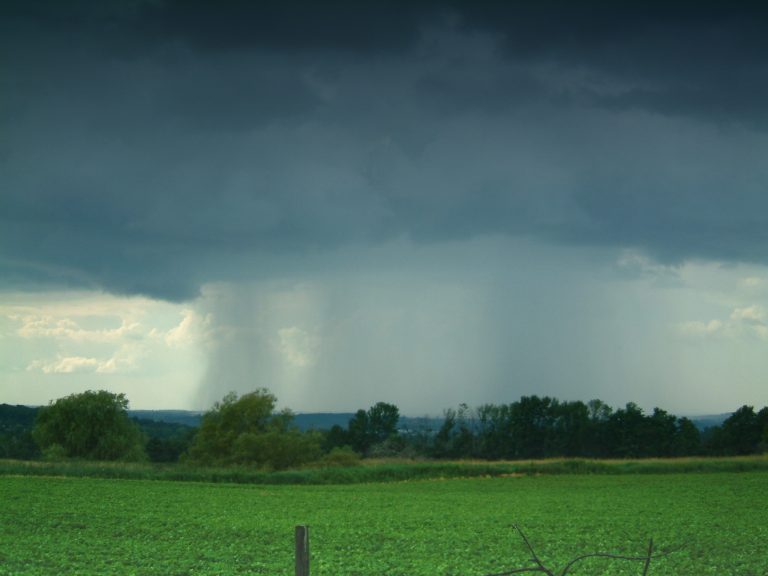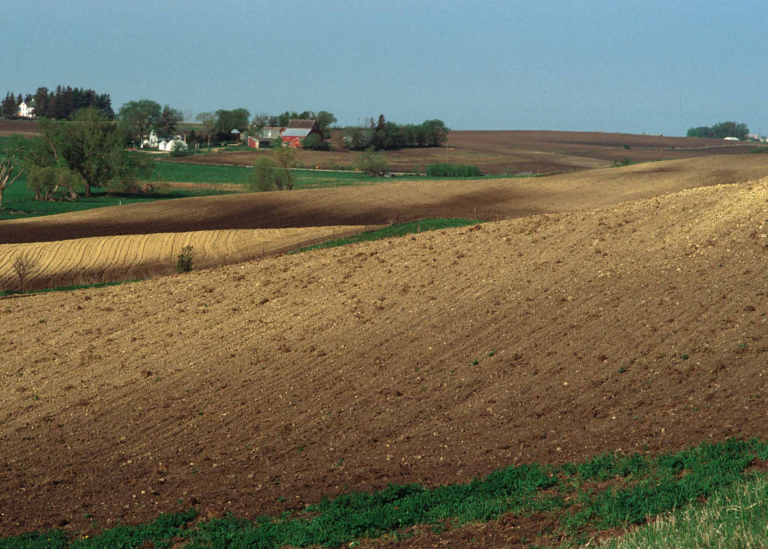(IARN) — Dr. Liz Wagstrom, chief veterinarian with the National Pork Producers Council, recently provided an update on the African Swine Fever virus. Today she expands on this subject by speaking to prevention and preparedness.
Multiple government entities work to prevent African Swine Fever from entering the United States. Wagstrom commends those efforts, particularly those made by the Food and Drug Administration, U.S. Customs and Border Patrol and U.S. Department of Agriculture. She focuses on the Department of Agriculture’s pursuit to stop African Swine Fever dead in its tracks.
“USDA has done several things,” Wagstrom said. “They’ve initiated an active surveillance program looking for African Swine Fever in samples coming into the diagnostic lab. They’ve put together a series of exercises to practice response, in case we were to find a case. We’ve (also) been talking with them about the potential risk of African Swine Fever or other foreign animal diseases coming into the feed.”
United States producers oftentimes feed imported soybean meal and dried distillers grains to livestock. However, research indicates feed ingredients can serve as hosts for foreign animal diseases like African Swine Fever. Industry stakeholders follow holding time suggestions to ensure feed ingredients are free of disease. Though state and federal pork organizations believe that is not enough to fully protect domestic swine herds.
“The National Pork Producers Council and 30 state pork organizations recently wrote a letter to (Agriculture) Secretary Perdue, asking him to restrict the entry of organic soy products, for animal feeds, from countries that are African Swine Fever positive. We are confident in the safety of domestic soy products. But research has shown African Swine Fever can survive extended periods of time in organic soy products and shorter times in conventional soy products,” Wagstrom said.
Story and photo courtesy of the Iowa Agribusiness Radio Network.











